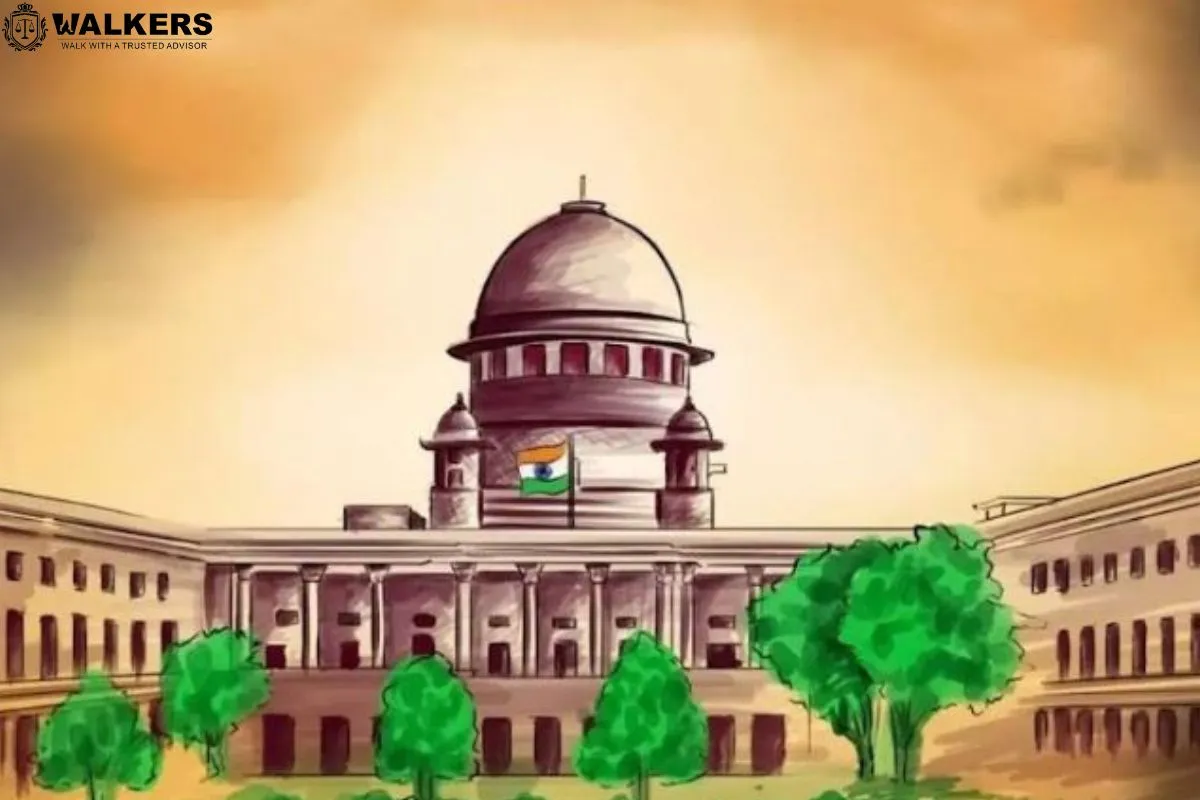


The Department-Related Parliamentary Standing Committee on Personnel, Public Grievances, Law and Justice has recommended the establishment of regional benches of the Supreme Court as a measure to enhance access to justice.
Chaired by Rajya Sabha MP Sushil Kumar Modi, the committee presented its 133rd report on 'Judicial processes and their reforms' to both Houses of Parliament on Monday.
The report highlighted that, after thorough deliberations, the Committee was overwhelmingly in favor of the concept of regional benches. However, certain members also pointed out the ongoing advancements in virtual courts and the upcoming 5G infrastructure rollout, suggesting the need for careful consideration of the issue.
Renowned legal expert and former Additional Solicitor General (ASG) of India, Senior Advocate P Wilson, a member of the Committee, emphasized that augmenting the number of benches and judges could lead to expedited case resolution and the reduction of the backlog of pending cases. Wilson advocated for permanent regional benches of the Supreme Court to address this concern.
Wilson emphasized that the expansion of the Supreme Court through permanent regional benches is crucial for achieving a better judge-to-population ratio within the apex court. He underscored that such a move would open doors for increased diversity and the inclusion of meritorious judges in the Supreme Court.
In relation to invoking Article 130 of the Indian Constitution, Wilson highlighted that the framers of the Constitution foresaw the possibility of the Supreme Court sitting in locations beyond Delhi. The use of the term “place or places” in the article reflects the framers' intention to ensure convenient citizen access to justice.
Wilson emphasized, "This is a matter of utmost importance. Therefore, it is imperative that the Law Ministry collaborates with the Hon’ble Chief Justice of India to advance this proposal, in the interest of administering justice and upholding citizens' right to access justice."
Regarding the potential of virtual courts as an alternative to regional benches, Wilson pointed out that while virtual courts offer remote access to court proceedings, they do not address the core issue of establishing physical courts in different regions.
In 2009, then Law Minister Veerappa Moily sought the Supreme Court's input on the establishment of regional benches based on the recommendations of the 229th Report of the Law Commission. However, the Supreme Court, in a full Court meeting in 2010, declined to deviate from its previous resolutions on the matter.
Wilson stressed that the final decision on this matter should rest with the parliament, as it holds legislative competence over the administration of justice. He clarified that the establishment of regional benches would not compromise the judiciary's independence, as judges would continue to be selected through the Supreme Court Collegium's process.
The Committee advocated for regional benches as a potential solution to alleviate the burden on the judiciary and reduce litigation costs for the public. It noted that the current Delhi-centric approach poses challenges for litigants from remote areas, including language barriers, high litigation expenses, and travel difficulties.
Consequently, the Committee suggested that invoking Article 130 of the Constitution could lead to the establishment of four or five regional benches across the country. While Delhi could remain the center for constitutional matters, the regional benches could handle appellate matters, with their decisions being binding to prevent the perception of an additional layer of judiciary.
Click Here to: Download/View Related File
TAGS: Supreme Court regional benches access to justice parliamentary committee judicial reforms Rajya Sabha Sushil Kumar Modi Article 130 diverse judges virtual courts backlog reduction Law Ministry collaboration Constitution appellate matters.